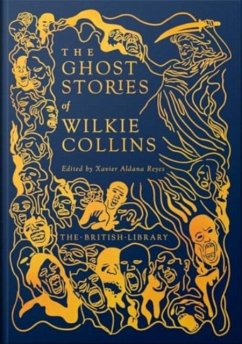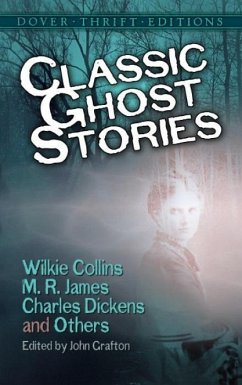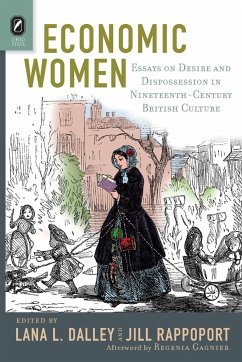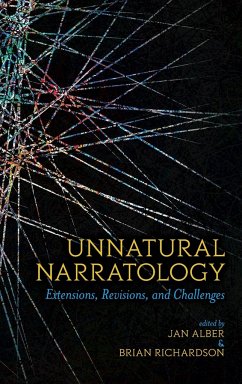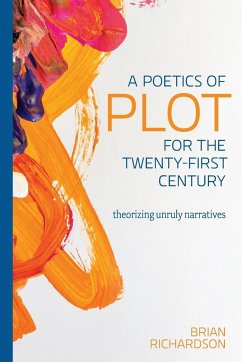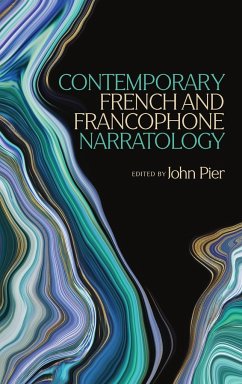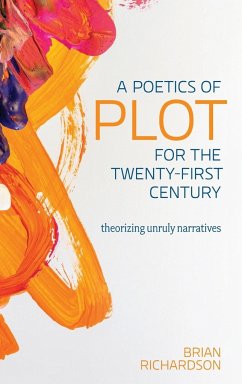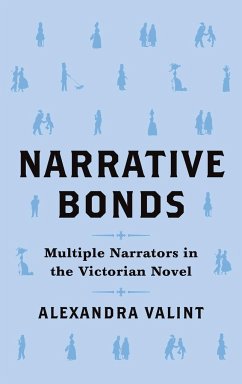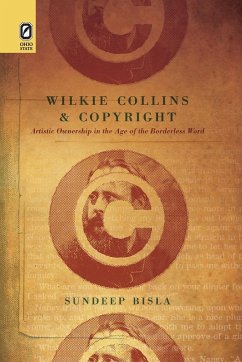
Wilkie Collins and Copyright
Versandkostenfrei!
Versandfertig in 1-2 Wochen
43,99 €
inkl. MwSt.

PAYBACK Punkte
22 °P sammeln!
In the works and letters of his later years, Wilkie Collins continually expressed his displeasure over copyright violations. Wilkie Collins and Copyright: Artistic Ownership in the Age of the Borderless Word by Sundeep Bisla asks whether that discontent might not also have affected the composition of Collins's major early works of the 1850s and 60s. Bisla's investigation into this question, surprisingly, does not find an uncomplicated author uncomplicatedly launched on a defense of what he believes to be rightfully his. Instead, Bisla finds an author locked in fierce negotiation with the theor...
In the works and letters of his later years, Wilkie Collins continually expressed his displeasure over copyright violations. Wilkie Collins and Copyright: Artistic Ownership in the Age of the Borderless Word by Sundeep Bisla asks whether that discontent might not also have affected the composition of Collins's major early works of the 1850s and 60s. Bisla's investigation into this question, surprisingly, does not find an uncomplicated author uncomplicatedly launched on a defense of what he believes to be rightfully his. Instead, Bisla finds an author locked in fierce negotiation with the theoretical underpinnings of his medium, the written word, underpinnings best delineated by the twentieth-century deconstructionist Jacques Derrida. Collins's discomfort with copyright violation comes to be in tension with his budding understanding of the paradoxical nature of the "iterability" of the word, a nature presenting itself as a conflict between the settling and breaking manifestations of linguistic repetition. In his efforts at resolving this paradox, Collins adopts a mechanism of recursive self-reflexivity through which each story reflects upon itself to a more fundamental extent than had its predecessor. This self-reflexive exploration has significant consequences for the author's own iterability-menaced subjectivity, a striking example of which can be seen in the fact that the name being sought in Collins's last masterpiece, The Moonstone, will end up being "MY OWN NAME" - in other words, "WILKIE COLLINS."





